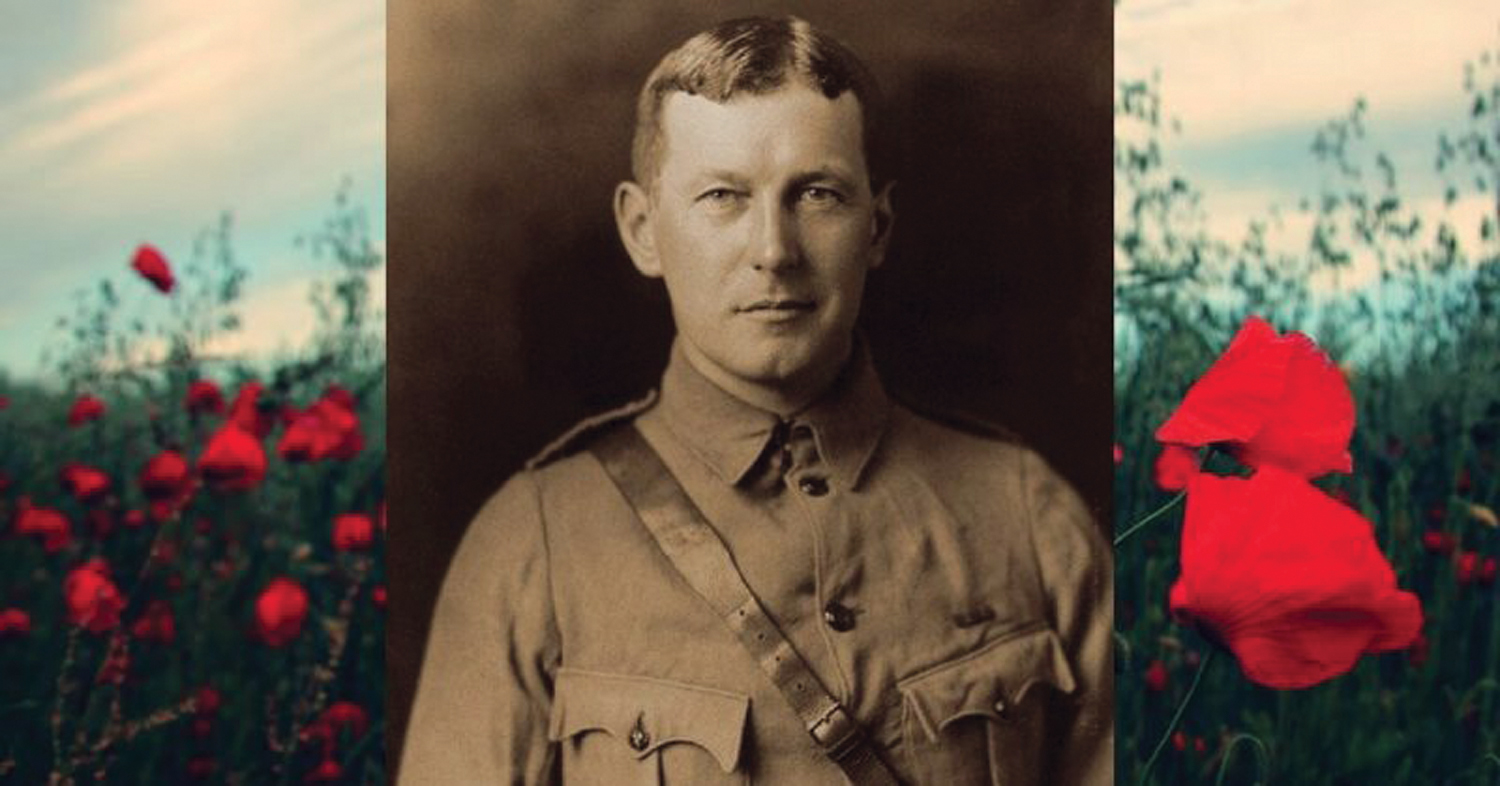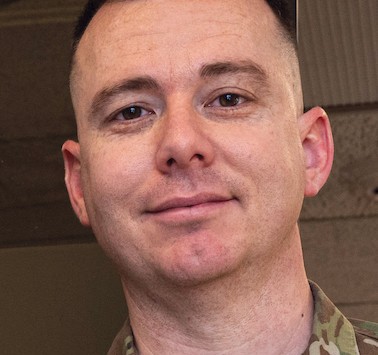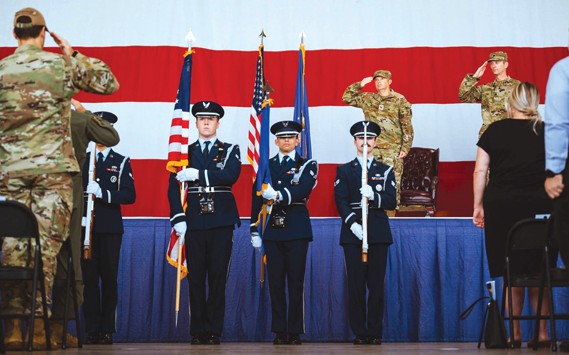The Remembrance Day symbolism of the poppy started with a poem written by a World War I brigade surgeon who was struck by the sight of the red flowers growing on a ravaged battlefield.
From 1914 to 1918, World War I took a greater human toll than any previous conflict, with some 8.5 million soldiers dead of battlefield injuries or disease. The Great War, as it was then known, also ravaged the landscape of Western Europe, where most of the fiercest fighting took place. From the devastated landscape of the battlefields, the red poppy grew and, thanks to a famous poem, became a powerful symbol of remembrance.
Across northern France and Flanders (northern Belgium), the brutal clashes between Allied and Central Powers soldiers tore up fields and forests, tearing up trees and plants and wreaking havoc on the soil beneath. But in the warm early spring of 1915, bright red poppy flowers began peeking through the battle-scarred land. The brilliantly colored flower is actually classified as a weed, which makes sense given its tenacious nature.
Lt. Col. John McCrae, a Canadian who served as a brigade surgeon for an Allied artillery unit, spotted a cluster of poppies that spring, shortly after the Second Battle of Ypres. McCrae tended to the wounded and got a firsthand look at the carnage of that clash, in which the Germans unleashed lethal chlorine gas for the first time in the war. Some 87,000 Allied soldiers were killed, wounded or went missing in the battle (as well as 37,000 on the German side). A friend of McCrae’s, Lt. Alexis Helmer, was among the dead.
Struck by the sight of bright red blooms on broken ground, McCrae wrote a poem, “In Flanders Fields,” in which he channeled the voice of the fallen soldiers buried under those hardy poppies. The poem has been used at countless memorial ceremonies, and has become one of the most famous works of art to emerge from the Great War.
Courtesy of history.com
by John McCrae, May 1915
In Flanders fields the poppies blow
Between the crosses, row on row,
That mark our place; and in the sky
The larks, still bravely singing, fly
Scarce heard amid the guns below.
We are the Dead. Short days ago
We lived, felt dawn, saw sunset glow,
Loved and were loved, and now we lie
In Flanders fields.
Take up our quarrel with the foe:
To you from failing hands we throw
The torch; be yours to hold it high.
If ye break faith with us who die
We shall not sleep, though poppies grow
In Flanders fields.
by Moina Michael, November 1918
Oh! you who sleep in Flanders Fields,
Sleep sweet – to rise anew!
We caught the torch you threw
And holding high, we keep the Faith
With All who died.
We cherish, too, the poppy red
That grows on fields where valor led;
It seems to signal to the skies
That blood of heroes never dies,
But lends a lustre to the red
Of the flower that blooms above the dead
In Flanders Fields.
And now the Torch and Poppy Red
We wear in honor of our dead.
Fear not that ye have died for naught;
We’ll teach the lesson that ye wrought
In Flanders Fields.
Courtesy of history.com












